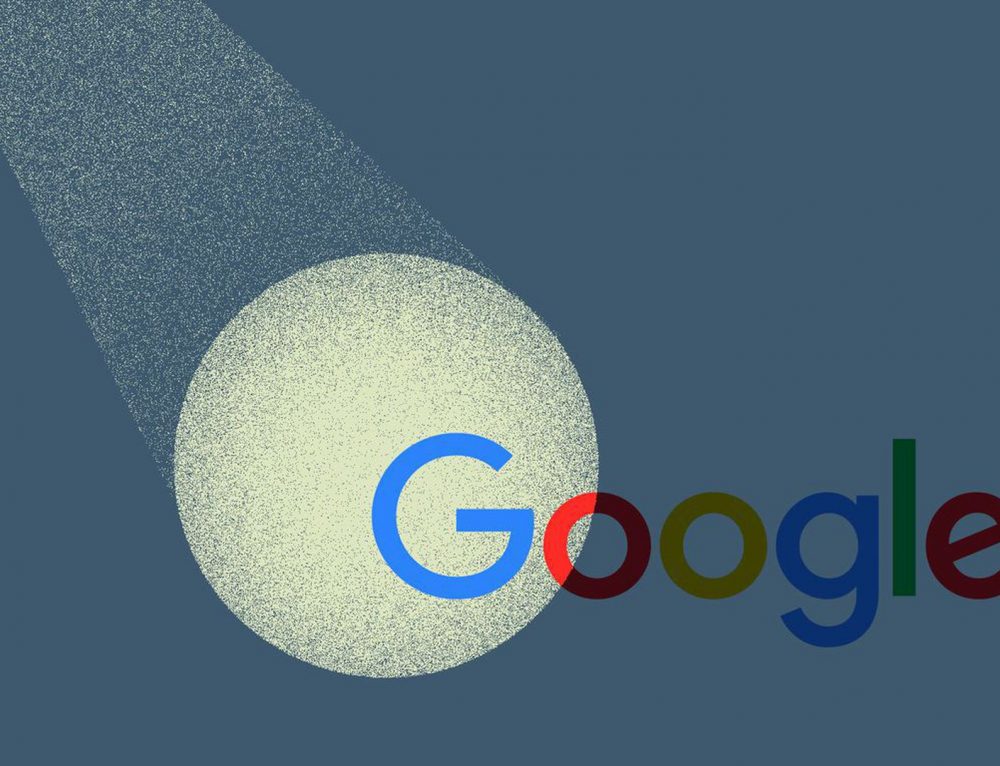The Trump administration wants to take on the tech giants.
The Trump administration wants to take on the tech giants that increasingly dominate our lives, even if many pundits are suggesting the timing by US Attorney General William Barr, a key ally of the president, cannot be divorced from the upcoming election.
The case against Google focuses specifically on the company’s alleged monopoly power in internet search and online advertising. In a release, the Justice Department said, “As one of the wealthiest companies on the planet with a market value of $1 trillion, Google is the monopoly gatekeeper to the internet for billions of users and countless advertisers worldwide.”
Used against Microsoft Corp. over 20 years ago partly due to complaints by Google about being squeezed out by the software company run then by Bill Gates, the intent of US antitrust laws is to prevent a single firm from getting monopoly control of a market. Google currently controls approximately 90% of internet searches and the advertising that appears on related pages and the lawsuit by the US government alleges the company has used underhanded means to obtain and hold onto that dominance.
The power of Big Tech companies that have grown rich by taking an enormous share of advertising, media, and retail dollars has led to rising anger in the US. Furthermore, while far-right supporters of Trump, including conspiracy theorists QAnon, have complained that the tech giants use their influence to suppress free speech and favor the left, political desire to limit the companies’ clout has been widely bipartisan.
In many ways, the tech giants take the form of a natural monopoly like the post office or global telephone network where everyone wants to be on the single best system. As a practicality, one very good search engine is better than having to use five different ones before finding the article or subject you were looking for. But putting the power into the hands of a private company means eventually someone in that company will try to find a way of turning that advantage into profit.
Working out a solution at the regulatory level will be extraordinarily difficult. Firstly, while the DOJ lawsuit may be useful as a chess piece in the coming U.S. election, the hard work of fighting the case will fall to the administration of whoever wins on Nov. 3. Secondly, Google’s parent Alphabet Inc., with its enormous resources, appears ready to do battle on an issue that could set precedents for many other areas where the company holds sector domination and the tech industry as a whole.
Meanwhile, as political candidates are forced to stake out positions on the matter, the DOJ action may have opened the door to further moves against the tech giants in the US and elsewhere that will be hard to reclose.
According to The New York Times, the scrutiny reflects how Google has become a dominant player in communications, commerce and media over the last two decades. That business is lucrative: Last year, Google brought in $34.3 billion in search revenue in the United States, according to the research firm eMarketer. That figure is expected to grow to $42.5 billion by 2022, the firm said. In its complaint, the Justice Department said that Google’s actions had hurt consumers by stifling innovation, reducing choice and diminishing the quality of search services, including consumer data privacy. It also said that advertisers that use its products “must pay a toll to Google’s search advertising and general search text advertising monopolies.” But the search case is the most straightforward, giving the government its best chance to win. To prevail, the Justice Department has to show two things: that Google is dominant in search, and that its deals with Apple and other companies hobble competition in the search market. The Justice Department said Google estimates that almost 50 percent of its search traffic originated on Apple devices in 2019. Because it is such a large portion of its queries, Google pays the iPhone maker an estimated $8 billion to $12 billion a year to remain the default option on its phones, iPads and Mac computers.












